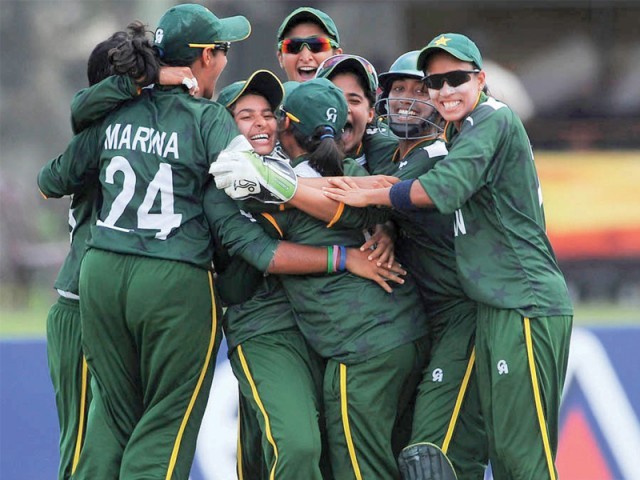
Connecting our cities not just with flyovers but with people
Concrete doesn't make a city what it is; it’s the people and their attitude.
What do you want Islamabad to look like in 2042?
If there’s anything the geography component of O’ Level Pakistan Studies taught me, it was to appreciate my city. One of the chapters was "Population in Pakistan" full of sketches of villagers moving to new cities. A friend underlined one reason given in the textbook for rural-urban migration: Bright lights.
“Of all things, that’s why people migrate?” she asked with a bemused laugh.
But that is true to some extent as Karachi is a city of bright lights. Take a ride at night and the billboards will prove this. Is your child eating nutritiously? Try new formula! Dress elegantly - wear XYZ lawn!
Karachi feels like a never-ending kaleidoscope of things you can buy, or make, or do, if you have time and money. And that is why 18 million people live here from all over Pakistan.
This Sunday, the Institute of Architects of Pakistan organised its exhibition. It was fun to note the vitriol among the milling architects over ineffective government, the chaotic sprawl that Karachi has become. 85 per cent of sewage is being dumped untreated into the sea. We had too many people and too few buses. Clearly, these were a few things my Pakistan studies course had brushed aside.
But there was optimism as well. Several of the architects and planners mentioned that much loved phrase “the youth of Pakistan”. That is how I ended being a panellist on the Building Bridges Karachi session.
“So, Meiryum, what do you want Karachi to look like in 2042?”
Heads swivelled my way and I pulled a blank.
No one has ever asked people my age that question, funnily enough, considering that we’ll be the one’s living here in the future. If I were younger, I would have wanted Karachi to look the set of the Jetsons: jets packs and sleek transport, clean machines and a metro. Skyscrapers. Karachi’s filth would magically vanish.
But the concrete doesn’t make a city what is. It’s the people and it’s the attitude. I’m not six-years-old any more and I know that it doesn’t matter how much Karachi transforms if it only affects some people and not others.
My experience of Karachi — as the city of shiny billboards — may very well have been different had my parents worked different jobs, had I gone to another school or lived in some other neighbourhood. Even the car I use to reach school is telling; I don’t use public transport.
The bigger Karachi gets, the more isolated its localities seem to become.
One of the students in the audience said there wasn’t one single place in Karachi where all teenagers hung out:
“We only go to Saddar when we want to watch Hunger Games in 3D, or to Nazimabad when we want to eat at Hardees.”
Karachi had become for her, as it has to several people my age I know, a city where you only leave your enclave when absolutely necessary.
The challenge is to make a sustainable city which doesn’t devolve into islands of seclusion. My future Karachi would be a city where my experience of growing up would not be as drastically different from that of another 18-year-old, growing up in, say, Lyari.
Karachi would be a city where (s)he and I would use the same underground system to get to school.
This is not a utopian vision; after all it is a city of 18 million with its share of disparity. But the disparity would be less. The city would be connected not just in terms of bridges and underpasses and flyovers, but in terms of people.
Read more by Meiryum here.




COMMENTS (14)
Comments are moderated and generally will be posted if they are on-topic and not abusive.
For more information, please see our Comments FAQ